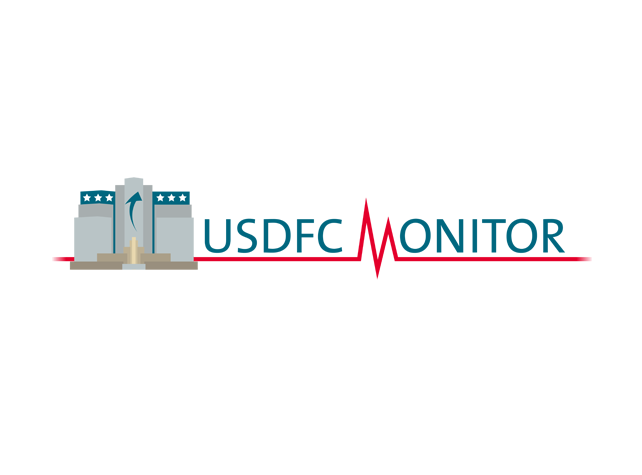President Trump’s pick to lead the new US International Development Finance Corporation (DFC), Adam Boehler, is slated to appear before the Senate Foreign Relations Committee tomorrow. The nomination hearing is an important step toward Senate-confirmed leadership for the new agency, which is scheduled to open its doors October 1.
It’s been almost a year since the BUILD Act was signed into law, and expectations are high for OPIC’s successor agency. While often heralded as a key part of the administration’s response to China’s Belt and Road Initiative, the DFC’s more immediate mark will be in expanding the US government’s toolkit to support the mobilization of private capital for development.
In his appearance before the Senate panel, Adam Boehler—a relative unknown to the development community—has an opportunity to emphasize his commitment to the DFC’s strengthened development mandate, as well as outline a realistic vision of what the new agency can achieve in its early days and the necessary conditions for that success.
Here’s more on what we hope to hear.
Importance of the DFC’s development mandate
The BUILD Act directs the DFC to emphasize development outcomes and prioritize investments in low-income and lower-middle income countries. Finding projects with high development impact and working in challenging frontier markets won’t be easy. It will necessitate pushing the organization’s risk appetite and building development-focused structures and processes—such as the new ex ante development impact monitoring tool the DFC will soon roll out. But in striving to carry out this strong development mission, the DFC will simultaneously be ensuring US development finance is provided where it is needed most and can deliver the greatest impact. In line with BUILD’s vision, we hope that if confirmed, Boehler will champion the DFC’s development mandate both internally and externally. Thursday’s hearing marks his first major opportunity to do so. We also hope he’ll speak to the value of the DFC’s new tools and authorities in advancing US development objectives. And while the DFC’s ability to counter China’s BRI has frequently been overstated, Boehler could highlight the DFC’s role in exporting US standards to foreign markets, especially on the accountability and transparency side.
Relationships with other development actors
To realize impact and scale in frontier markets, the DFC will need to forge partnerships with other development actors. The coordination report USAID Administrator Mark Green and Acting OPIC CEO David Bohigian sent to Capitol Hill this summer lays out a vision for how the DFC and USAID will work together. Its success in implementation will hinge, at least in part, on the incoming CEO’s bureaucratic savvy. But Boehler would be wise to also look beyond the US government. Building a pipeline of projects in low-income and lower-middle income countries—where private sector firms are often small and projects may require significant technical assistance before they are investment-ready—could be a significant challenge for the new agency. The DFC could get an important head start by collaborating with the International Finance Corporation and regional multilateral development banks to build a robust pipeline of projects.
Resourcing and staffing the new agency
The president’s FY20 budget request for the DFC was disappointingly low and failed to outline a vision for increased staffing. Moreover, ongoing challenges in addressing the scoring of equity investments (which threaten to limit the new authority’s utility) and the likelihood of a continuing resolution extending current spending levels into the fall loom large over the new agency’s opening. We hope Boehler will address these constraints head on and make a strong case for more resources and staff to ensure the DFC can live up to its critical mandate.
CGD blog posts reflect the views of the authors, drawing on prior research and experience in their areas of expertise.
CGD is a nonpartisan, independent organization and does not take institutional positions.






